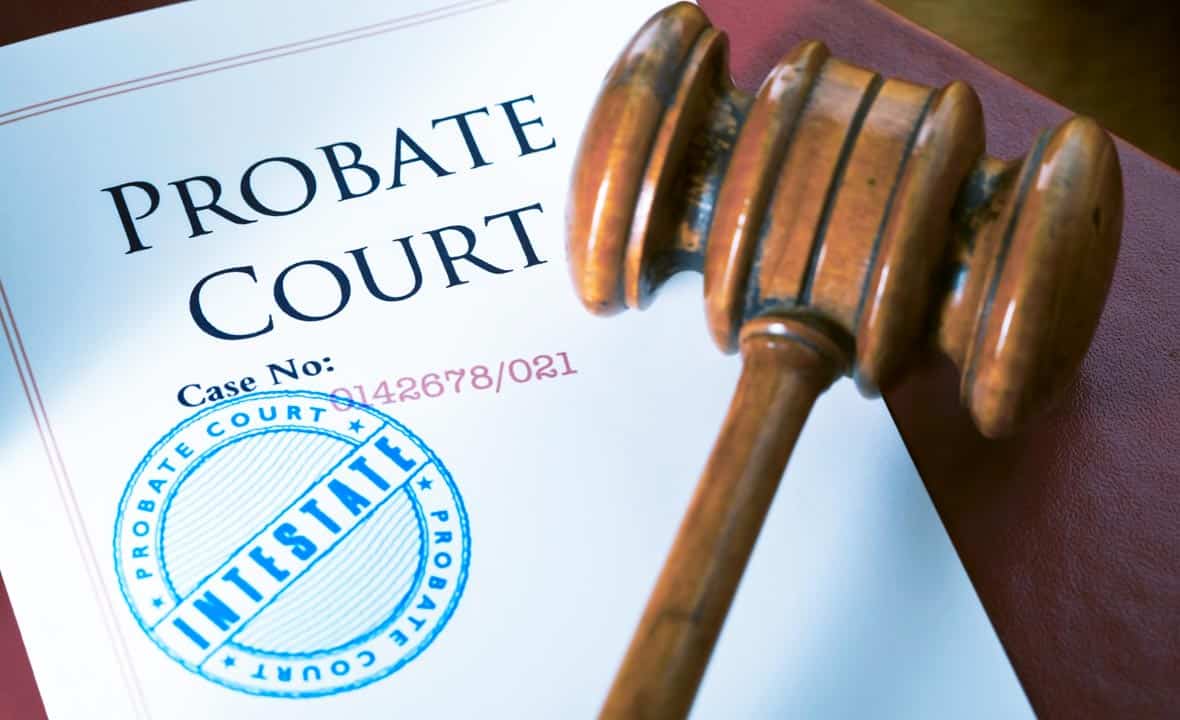When a person dies without a Will (“intestate”), his or her estate is handled in a court proceeding that is very similar to probate. It’s called “Administration.” Since there is no Will, the laws of each state, called laws of intestacy, govern how the estate will be administered, and who will benefit from the estate. The court will appoint an administrator, who will perform the same functions as the executor in a probate proceeding. Interested parties (here, potential heirs) must be identified and notified of the proceeding.
Download our Estate Planning HandoutThe administrator is charged with paying any outstanding debts of the decedent, and then with distributing the remainder of the assets to the heirs in the proportions mandated by the intestacy laws of the state. Usually, the spouse and children will share the estate. If there is no spouse or children, more distant relatives will inherit. In administration, there is no possibility of leaving money to a “life partner,” a charity, a friend, or long term caregiver. When a person dies intestate, inheritors and their percentages are strictly defined by law and they receive distributions accordingly.
Estate administration can be simpler or more complex than a probate proceeding, depending on the circumstances. Both often require the assistance of an attorney. Lamson & Cutner’s attorneys have years of experience in this type of legal work and would be happy to assist you. Email or call us for more information.
visit our key practice areas







